The Power of Art Therapy for Teenagers: Benefits and Techniques
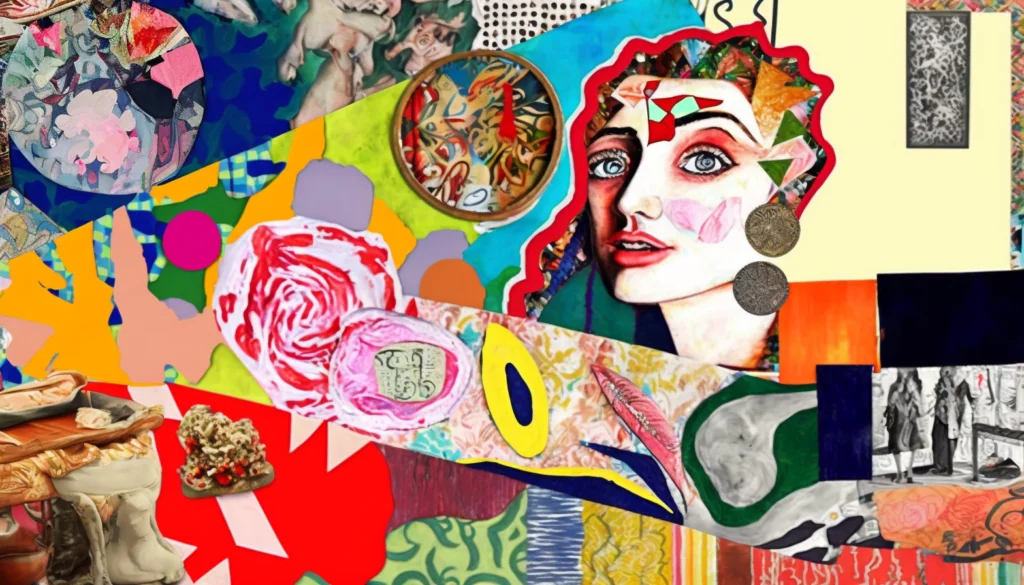
Art therapy is an effective way of supporting the mental and emotional well-being of teenagers who are dealing with anxiety, depression, self-esteem issues, or trauma. Artistic expression can improve communication skills, promote healing and self-expression, as well as improve cognitive function. In this article, we will discuss the benefits of art therapy for teenagers and the reasons it is an increasingly popular form of therapy. We will also explore the principles of art therapy, its various forms, and how it differs from traditional therapy. Finally, we will provide examples of art therapy activities and the role of the therapist in guiding teens through the creative process.
What is Art Therapy?
Art therapy is a form of psychotherapy that uses artistic expression as a means of communication and healing. It has been a therapeutic tool since the early 20th century but gained recognition as a distinct field of study in the 1940s. Today, it is used to treat various issues and conditions, and its principles are based on the belief that the creative process is inherently therapeutic. Art therapists work with individuals to help them express and explore their thoughts, emotions, and experiences through different art mediums, such as painting, drawing, sculpting, and collage-making. By doing so, individuals can gain greater self-awareness, process difficult emotions, and develop new coping strategies.
Different Forms of Art Therapy for Teenagers
Art therapy can take different forms, and each can be effective for teens depending on their needs and preferences. Here are some of the most common forms:
Drawing and Painting
Teens can use these mediums to explore emotions and experiences, process trauma, and work through anxiety and depression.
Sculpting
Sculpting can help teens express and externalize internal emotions, such as anger or sadness, and develop greater self-awareness.
Collage-Making
Collage-making can help teens explore identity and self-concept, and it can be particularly effective for those struggling with self-esteem issues.
While each form has its unique benefits, the approach will depend on the needs and preferences of the teenager. An art therapist will work with them to determine the most appropriate form of therapy and guide them through the creative process.
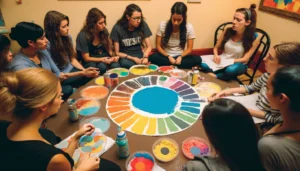
Benefits of Art Therapy for Teenagers
Art therapy offers a range of benefits for teens, including physical, emotional, and mental benefits. By engaging in art therapy, teens can gain insight into their emotions and experiences, learn coping skills, and develop a deeper sense of self-awareness. Here are some of the ways that art therapy can benefit teenagers:
Emotional Benefits
Art therapy can help teens process and express their emotions in a safe and supportive environment. Through creative expression, they can explore and communicate their feelings, develop a greater sense of emotional resilience, and gain a better understanding of themselves.
Mental Benefits
Art therapy has been shown to reduce symptoms of anxiety, depression, and trauma in teens. Through art therapy activities, teens can learn to regulate their emotions, manage stress, and develop positive coping skills.
Physical Benefits
Engaging in art therapy activities can be a relaxing and stress-relieving experience for teens. This can lead to a reduction in physical symptoms related to stress, such as muscle tension and headaches.
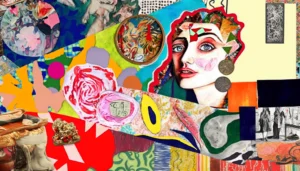
Examples of How Art Therapy Helps Teenagers Deal with Specific Issues
Anxiety
Art therapy activities can help teens identify and manage symptoms of anxiety. By engaging in creative expression, teens can develop a greater sense of control over their thoughts and emotions, which can help reduce feelings of anxiety.
Depression
Art therapy can be an effective treatment for teens with depression. By expressing themselves through art, teens can gain a sense of accomplishment and purpose, which can help combat feelings of hopelessness and low self-esteem.
Trauma
Art therapy can help teens who have experienced trauma to process their experiences and begin the healing process. By engaging in creative expression, teens can express their emotions and experiences in a nonverbal way, which can be less threatening and more comfortable than traditional talk therapy.
Conclusion
In conclusion, art therapy can offer teens numerous benefits for their physical, emotional, and mental well-being, as well as for their social skills and self-esteem. If you believe that art therapy could be helpful for your teen or for someone you know, we encourage you to explore this treatment option further.
At Scholistico, we offer an internationally certified online training course in art therapy for practitioners. Our program is accredited by the International Practitioners of Holistic Medicine (IPHM) and the Complementary Medical Association (CMA), the National Certification Council for Activity Professionals (NCCAP), The Center for CPD Excellence (CPD), ensuring the highest standards of education and training.
It’s important to note that while art therapy practitioners are trained to use art as a therapeutic tool to promote mental, emotional, and physical well-being, they are not the same as art therapists. Art therapists are licensed professionals who hold a graduate degree in art therapy and have completed a certain number of supervised clinical hours.
However, our program can provide you with the skills and knowledge to use art therapy as a valuable tool in your work, whether you are a counselor, social worker, teacher, or other professional working with clients. With our online training course, you can study at your own pace and from the comfort of your home, allowing you to continue your education while balancing your other responsibilities.
To learn more about our art therapy practitioner training course, please visit our website at Scholistico.com.


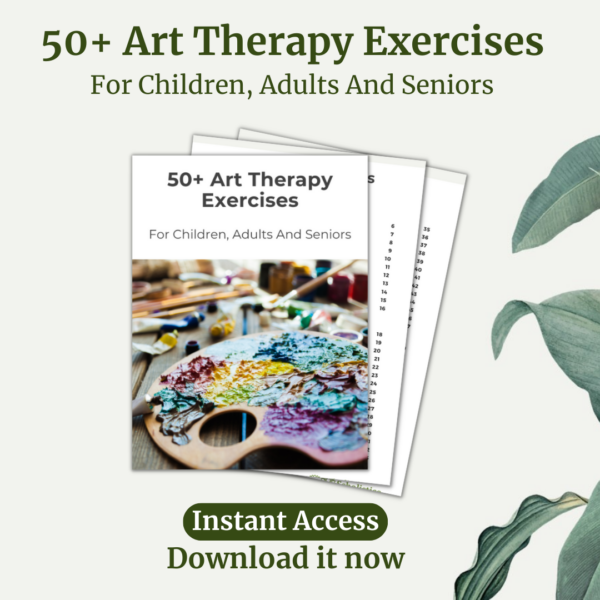
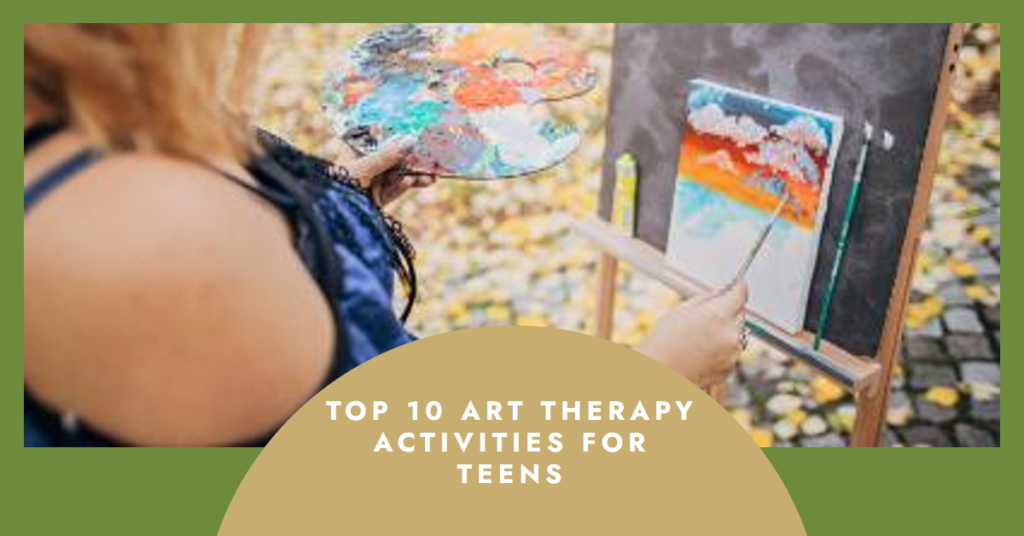

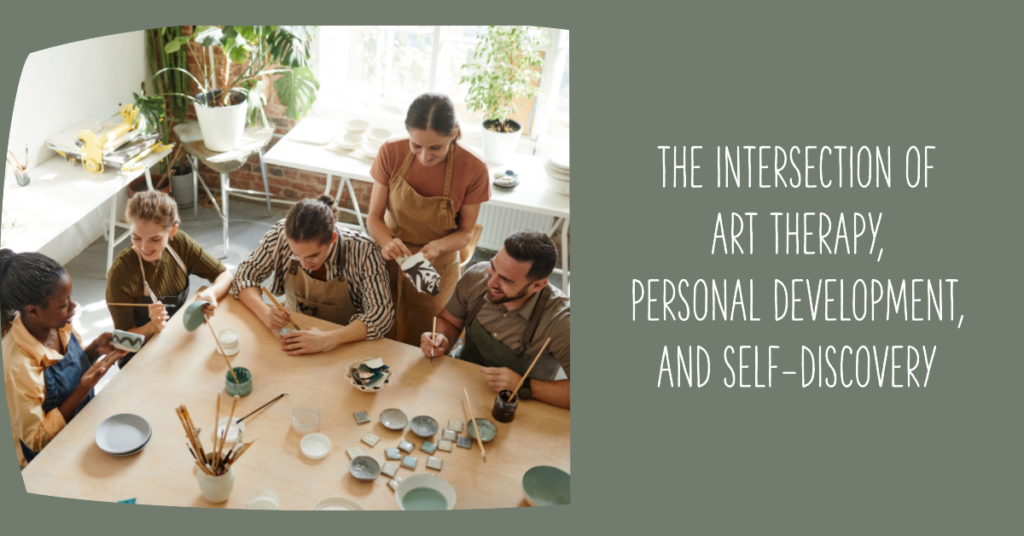
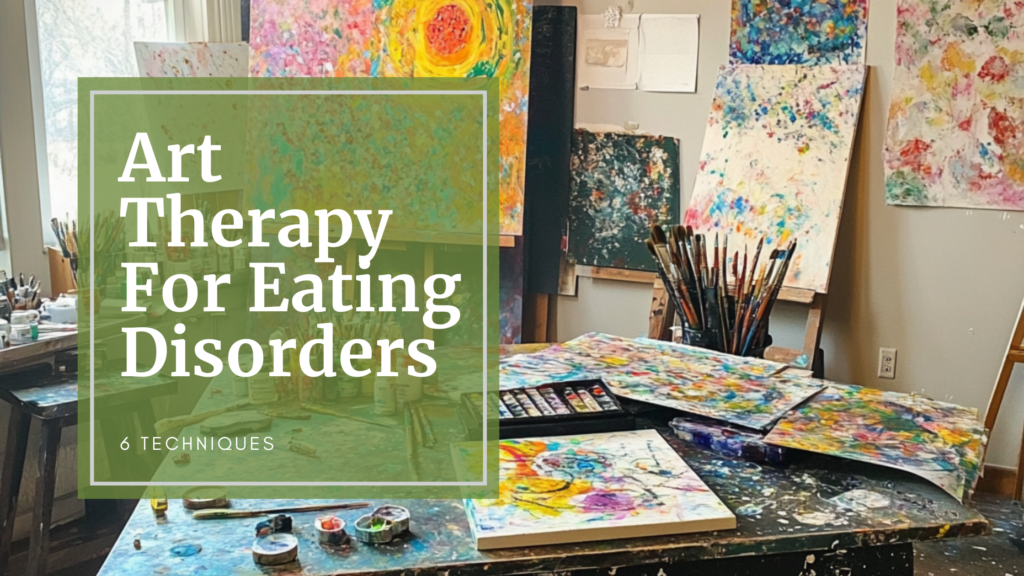



Responses